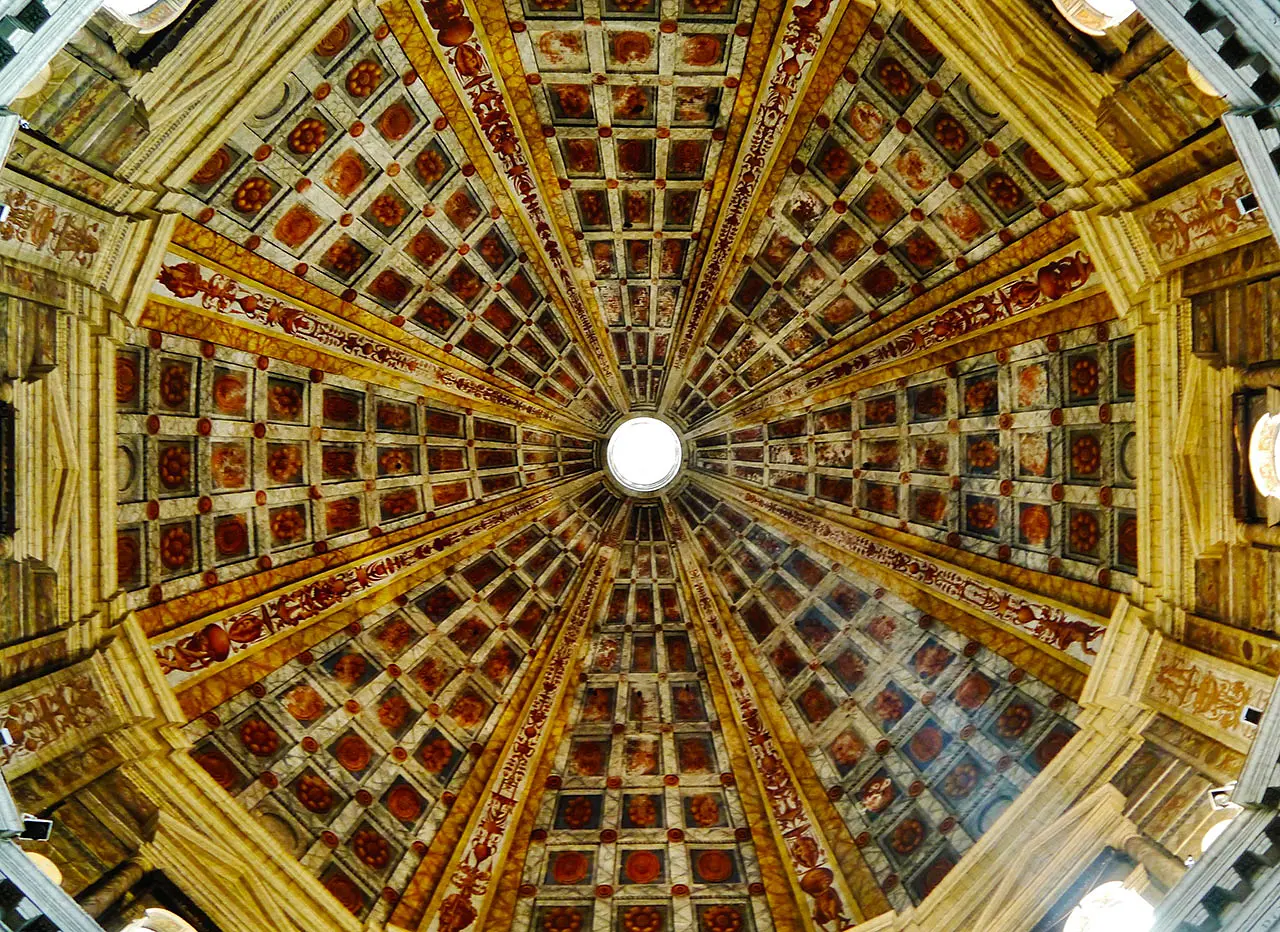SHARRYLAND


St. Mary of the Passion
With its majestic size, it certainly does not go unnoticed, but few people even know it inside.



Where is

What it is and where it is
Located along Via Conservatorio, the church of Santa Maria della Passione is the second largest church in Milan. The best vantage point is undoubtedly from Via Passione: as you approach, you are struck by the grandeur of the 16th-century tiburium and the facade. Next to the church is the Giuseppe Verdi Conservatory, in the building that was once the convent of the Lateranensi della Passione: as you enter the cloister, you can enjoy another perspective on the great tower of the tiburium.
Why it is special
The importance of this church is not only dictated by its history, which saw a construction process that lasted three centuries, but also by the works preserved inside, which with great consistency are related to the theme of the Passion, according to the Lombard style between the 15th and 17th centuries. In the left transept is a lively Last Supper made by Gaudenzio Ferrari, in radical opposition to the model of the Cenacolo Vinciano. Those more interested in music or sculpture will surely appreciate the wonderful organ and the funeral monument of the noble Daniele Birago.
Not to be missed
Do not miss the opportunity to admire the majesty of the dome and tribune. Built beginning in the late 15th century, modeled after Donato Bramante's coeval tribune in Santa Maria delle Grazie, they were actually completed in the second half of the 15th century, standing as a fundamental example of Lombard Renaissance architecture. There is, however, another treasure to discover before leaving the church: the chapter house. Panels and frescoes by Ambrogio da Fossano known as il Bergognone make up a rich, enveloping pictorial cycle that, if only for a moment, will make you forget about the outside world.
A bit of history
In 1485 Daniele Birago, an advisor to the Sforza court, donated land outside the walls near Porta Tosa to the Lateran Canons for the purpose of building a church and convent. The first plan for the church was a centrally planned building, culminating in a tribune. In the 16th century work slowed down until the middle of the century, when it resumed with several interventions, such as the completion of the tribune and the modification of the plan with the addition of longitudinal naves, according to canons decided during the Council of Trent. The last intervention, very late, was the construction of the facade, which was not finished until 1692.
Curiosities
Santa Maria della Passione boasts some illustrious parishioners. These include the painter Andrea Appiani and the Manzoni family.
Enter the Map of Italy's Undiscovered Wonders and find treasures where you least expect it... Inspire, Recommend, Share...
Contact
Collections
The Map thanks:
Enter the Map of Italy's Undiscovered Wonders and find treasures where you least expect it... Inspire, Recommend, Share...
Where is

Contact
Collections

